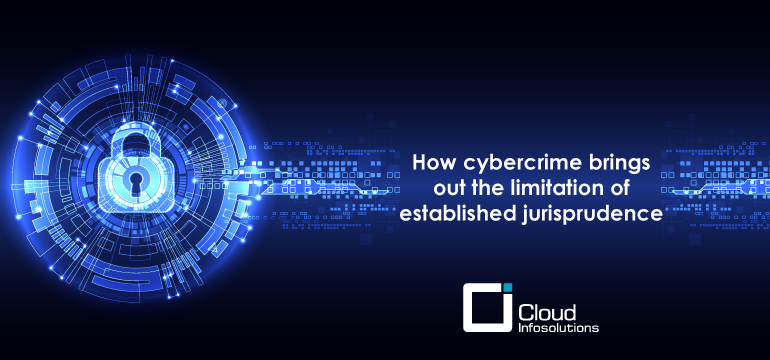Cybercrime is any criminal activity in which a computer or network is the source, target or tool or place of crime. According to the well-known ethical hacker Mr. Ankit Fadia, there is no website present on the internet which can be made completely secure. The owner of Lucideus Tech, Mr. Saket Modi who is himself an ethical hacker has made a shocking revelation about new ways of cybercrime. In one of his TED talks, Mr. Saket Modi described how a smartphone can be hacked in just 20 seconds and how anyone can have access to all the important information of your phone.
In order to secure a computer system, it is important for the user to understand the attacks which can be made against. The various threats are as follows:
- Backdoor: A backdoor is a computer system, a cryptosystem, or an algorithm, is any secret method of bypassing normal authentication or security controls. They may exist for a number of reasons, including by original design or from poor configuration. They create vulnerability.
- Denial-of-service attacks: This type of attack is done in order to stop or prevent the user from accessing the service.
- DMA attack: It is a side attack in which an attacker can penetrate a device by exploiting the presence of high speed expansion ports that permit direct memory access.
- Eavesdropping: This is an attack which is used for intercepting communication between two parties by a third party.
- Spoofing: Spoofing is a malicious practice which in which communication is sent from an unknown source disguised as a source known to a receiver. There are various types of spoofing which are Email spoofing, IP address spoofing, MAC spoofing, biometric spoofing.
Internet is growing at a very fast rate and it is estimated that by 2030 more than 80 percent of the world’s population shall be connected to the internet. This means that as more users increase, more are the chances of getting personal data hacked. This is the reason why cyber laws should be enforced.
Jurisdiction according to The Encyclopedia America is the power or authority. It is usually applied to courts and quasi-judicial bodies describing the scope of their right to act.
There are many laws in our constitution which are against cybercrime. The Information Technology Act, 2000 (IT Act) is the main law dealing with cybercrime in India. The protection of children from sexual offences act, 2012 also has certain provisions dealing with child pornography and cyber stalking. It is however applicable where the victim is under 18 years of age. Cybercrime would actually include hackers vandalizing a website, ‘denial of services’ and virus’s attacks, use of computers to further perpetuates crimes i.e. financial crimes, sale of illegal articles, cyber stalking, online gambling, pornography, email spoofing, forgery, cyber defamation, unauthorized access to computer system. Cybercrime can be against persons, crime against person’s property, against government and against society.
Under cybercrimes against government the following are included:
- Cyber Terrorism: Terrorist attacks are taking place by distributed denial of service attacks, hate websites and hate emails, attacks on sensitive computer networks and so on. It is very dangerous as these activities endanger the integrity and security of the nation.
- Cyber Warfare: Cyber warfare is politically motivated hacking to conduct sabotage. This type of analogy is controversial for both its accuracy and its political motivation.
- Distribution of pirated software: Distributing pirated software from one computer to another intending to destroy the data and official records of the government.
- Possession of Unauthorized Information: It becomes very easy to access information by terrorists with the help of internet and to possess that information for political, religious, social, ideological objectives.


Leave a Reply